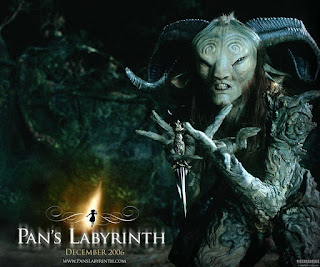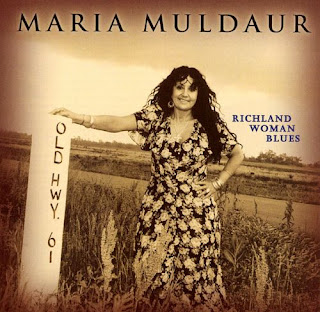Finally a clever thriller, designed for grown up audiences.
"Widows" was apparently a famous UK TV show from 1980s and the most interesting thing is that it has been planned as film adaptation for the longest time - somehow I actually remember the talk about it back in 1986. when magazines were mentioning that it might be made with Elizabeth Taylor, Faye Dunaway, Cher and Tina Turner - sounds like a dream team but nothing came out of it until now, several decades later when it finally hit the cinemas with completely different actresses. And the thing is - although it should be women's movie, it still needed a strong male cast to attract the suspicious audience who might not go for movie about women, no matter how talented they might be. That is why we have so many guys - Liam Neeson and all his gangster buddies - in the movie that is actually all about women who turn to crime out of necessity.
The premise is that four gangsters die during some sort of robbery and their widows are now expected to come up with the $ 2 million for a nasty underworld mafioso (Brian Tyree Henry) who also has some serious political ambitions. Mafioso is helped by his sadistic brother (Daniel Kaluuya) and they are both working on intimidating the widows into previously had no knowledge about their husband's business (or chose to ignore it). Widows themselves are mobilised by excellent Viola Davis who is heart and soul of the movie, she basically carries the whole story on her shoulders and without her strong presence everything might have turned out completely different but she projects quiet strength that keeps everything together. Davis gives each woman a task and they manage to plan a robbery themselves, although previously they had no experience in such things whatsoever. One of the clever premises is that nobody suspects them, since women are not expected to do such things as robbery.
Tons of various subjects here - first of all, some critics had mentioned casual way movie deals with biracial relationship between Davis and Neeson but I honestly didn't even think about it, obviously its not something I find surprising or unusual - it would be if the movie was set in 1950s but not in the present time. Much more interesting was brutally honest look at how police treats black civilians (later in the movie we find that their son was killed by police for no reason in a typical police arrest) and how thick skinned politicians work their connections between communities and underworld. Colin Farrell is a surprise in a unexpected nasty turn as ambitious politician who intends to follow in footsteps of his elderly father Robert Duvall - they are both evil and greedy, just different generations of same type of man. Perhaps the movie starts a bit slow and there might be just too much of everything in the final mix - relationships, crime, mafia, underworld, racial issues, women, etc - so our attention falters and its occasionally difficult to focus on what is really important here - robbery itself comes almost as a afterthought, where some other directors would make it main focus - but I did follow it with greatest interest, mainly because of Viola Davis who absolutely dominates everything. In fact, I am glad it took so long to make this movie because I don't think that 1986. cast would do such great job as current one. If they really made it back in 1986. it would be just diva turn and now it makes much more sense and it has far more gravity thanks to Davis. Another thing that I need to mention is that crime & robbery when done by guys is usually presented as fun, where this time its a necessity - if they don't come with money, women would be either killed or thrown out of their houses, so its quite a realistic, gritty movie.



































